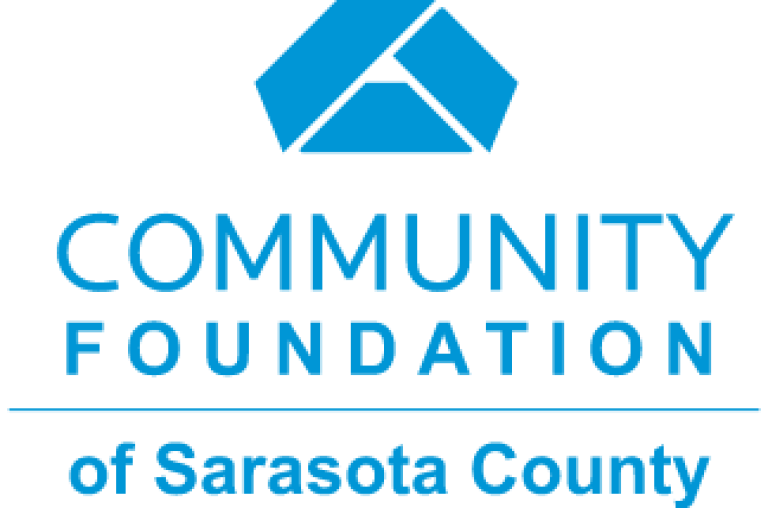December 16, 2024
It doesn't add up: Sarasota County's affordable housing crisis
Categories: COMMUNITY CARE: Placemaking: Housing, Transportation & Economic Support, COMMUNITY CARE: Preventing Homelessness,
For the past several years, Sarasota County has experienced an influx of new residents that has resulted in a six percent increase in the population overall, and the trend is expected to continue. Once again Sarasota has made U.S. News & World Report’s “Best Places to Live in the U.S” list, this time ranked as No. 11 of the top 150 selected cities.
There are plenty of benefits to living in such a sought-after city, of course, and advantages, too, of an influx of younger professionals and families moving into an area that had for years maintained a reputation as a quiet retirement haven.
But the population boom is placing a strain on the stock of affordable housing that is putting a squeeze on many residents. In fact, a report by the Florida Housing Coalition – which was sponsored in part by our foundation, along with partners at Gulf Coast Community Foundation, the Charles and Margery Barancik Foundation and The Patterson Foundation – finds that only two of the top 10 most common occupations pay enough to afford a one-bedroom rental at the fair market rate, and none of the 10 most common occupations pay enough to afford a median priced single-family home in Sarasota County. The report, presented at the Sarasota Chamber of Commerce’s Affordable Housing Summit 2.0 on Nov. 22, indicated that nearly 14,000 affordable homes for low-income households will need to be built by 2035 just to keep pace with expected household growth.
As home values rise, so too is the cost of renting. Yet, while the median household income for homeowners is also on the rise, incomes for renters remain stagnant, leaving them largely unable to keep up with escalating rents. In 2024, one-third of all households in Sarasota County were housing-cost burdened, meaning they spend more than 30 percent of their annual income on housing expenses. For many, this is a burden too large to bear. Over the past year, our foundation’s Season of Sharing, a community safety net in place to help people avoid homelessness, allocated 92 percent of all funding, or $3.4 million, to housing for people in need of assistance.
It’s unsustainable—and unconscionable—for people whose labor is largely to thank for the incredible quality of life enjoyed here to be priced out of living here. According to the Florida Chamber of Commerce, individuals between the ages of 25-35 are leaving the state, and taking their children with them, a trend that threatens a key sector of the workforce.
With these sobering figures in mind, a coalition of funders, nonprofits, business leaders, and government agencies have come together to find solutions for this pressing challenge. As I always say, “all of us are smarter than one of us.”
This is a crisis that must be addressed to circumvent numerous consequences, among them major labor disruptions across sectors, including healthcare, construction, and hospitality and tourism, to name a few. While that was a clear message of the summit, so too was another reality: this will require a coordinated effort. This is not a challenge that can be overcome with a patchwork of isolated efforts—the collaboration of the public, private, and independent sectors will be key to discovering and activating solutions.
We now have the data required to determine a path forward, and we must. All available data project that, over the next ten years, more families with more wealth will move into our county, and the time to act is now.
This data, like all numbers, is only meaningful if it incites action. We know of a number that continues to inspire action—that annual ranking of our county among the nation’s best to live in, which year-after-year draws new residents. Let’s see if we can respond with an equal measure that ensures that our valuable workforce is not driven out by yet another significant number: the cost of rent.
